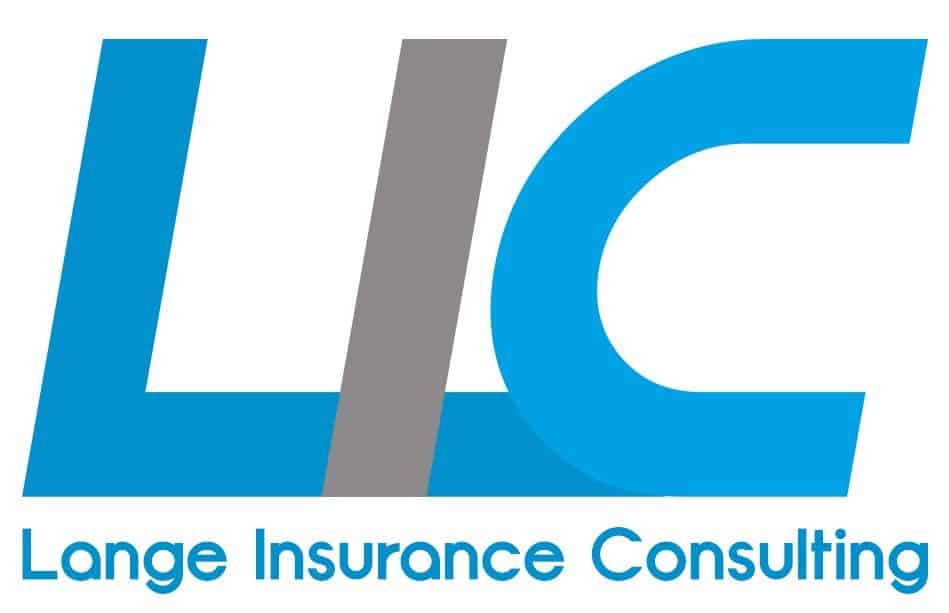Medicare Part C- Advantage Plans
Medicare Part C
Medicare Part C isn’t a part of “Original Medicare” and you do not enroll into a Part C plan like you do for Part A and Part B of Medicare with Social Security. Medicare Part C is more commonly known as Medicare Advantage. This is an alternative option for people going into Medicare.
In this post we will go over all of the information you need to know when it comes to a Medicare Advantage plan. Sometimes, people confuse a Medicare Supplement with an Advantage Plan and there are major differences that you will want to know. You can read below to get all the information you need, or you can give us a call at 866-319-5886 for a personal evaluation of your best options.

What is A Medicare Part C Advantage Plan?
Part C or a Medicare Advantage Plan is a privately run Medicare plan administered by private insurance companies. This will give you the same benefits as Medicare but can also add additional services that can be covered by the plan. You will still pay your Part B premium and the premium for the for the Advantage Plan you choose.
Medicare Advantage plans combine Parts A, B and usually Part D to form one plan to cover your Medicare needs. Most people will have several plans to choose from given the area they live in. There will also be a variety of premiums and some that will have a $0 premium in some areas.
Most Part C plans will have a similar structure to group insurance plans that most people are familiar with. Usually, there is a network of providers that you will use, pay copays and coinsurance for certain services such as doctor visits, lab-work, inpatient stays, urgent care and more.
You must be enrolled in Original Medicare “Part A & B” and live in the service area of the plan you are trying to obtain.
Different Types Of Medicare Advantage Plans?
Again, Medicare Advantage plans have to offer the same coverage as Medicare Part A and B and from there they can offer additional benefits. This means not all the plans in the area will offer the same benefits. There are six different styles of plans available but not all may be in your service area.
Health Maintenance Organization (HMO)
HMO style plans are the most popular because they are generally the least expensive for the monthly premium. Many people going into Medicare are familiar also with this style of plan because this is a common style among employer coverage plans.
HMO’s use a network of doctors and hospitals for their members. You also will have a primary care doctor and most of the time you will need a referral from your primary care doctor to see a specialist. You will also be required to stay In-Network for your health services with an exception for emergency circumstances. Following the restrictions of the plan is necessary or you could be paying for you health services out of pocket on your own.
These restrictions that apply to HMO style plans are the reason for the lower premiums. Insurance companies are able to maintain your health by following certain protocols and networks which make it less costly for the company.
Preferred Provider Organization (PPO)
A PPO style plan offers you a little more freedom than an HMO. They still have a network of doctors and facilities but they do allow for you to have coverage out-of-network. You will pay less when you receive care while seeing network providers.
PPO plans do not require you to get a referral from a primary care doctor but you will still benefit from staying within the plan’s network, if you go out of network you will likely pay more for your services.
While a PPO plan offers you more freedom, it will usually cost you more to have with your monthly premium.
Specials Needs Plans (SNPs)
Special Needs Plans are designed for specific types of people. In order to enroll into one of these plans you will have to meet certain criteria to qualify. These plans are for people with specialized health needs and may be in certain living situations such as a nursing home.
You may be eligible for a SNP if you meet any of the following:
- Have a severe or disabling chronic condition like heart failure or dementia
- You are enrolled in both Medicare and Medicaid
- You live in a health care facility like a nursing home
Medical Savings Account (MSA)
MSA plans are designed as a high deductible option for people in Medicare. Your plan provider will set a high dedcutible for you that you will have to meet before the plan will cover anything. You will be set up with a Medical Savings Account where the plan will deposit a set amount of money for you to use to help pay for your health care costs before you meet your deductible. This may not be your best choice if you are expecting to need a lot of health care throughout the year.
HMO Point-of Service
An HMO Point-of-Service plan is a modified version of the traditional HMO. This allows you to see some providers out of network but your out of pockets costs will generally be higher as a result. This is somewhat of a mix between the traditional HMO and PPO.
Why Choose A Medicare Part C Advantage Plan?
Original Medicare alone is not going to cover all of your expenses. Enrolling into a Medicare Advantage Plan will help reduce your out of pocket costs. Here are some of the benefits of enrolling into a Medicare Advantage Plan:
- Reduced costs for your health care when visiting a provider. Such as copays and coinsurance.
- Medicare Advantage Plans generally include Part D drug coverage, but there are a few that don’t.
- Medicare Advantage Plans can offer additional benefits that are not covered by Original Medicare such as dental, vision and hearing.
- Some Advantage Plans will also cover some of your health care expenses outside of the US even when Medicare will not.
- Medicare Advantage Plans offer a Maximum Out of Pocket which is $6,700 for the plan year 2019. If you only have Original Medicare there is no maximum out of pocket which means you can be charged an unlimited amount.
Medicare Supplements Vs Advantage Plans
Many times we get people who have confused a Medicare Advantage Plan for a Medicare Supplement. Medicare supplements will help cover the gaps in cost that will be passed on to you while you are enrolled into Original Medicare. Medicare Part C plans have been very good for a lot of people but they are not built for everyone and are not a “one size fits all ” option and you should make sure it is offering what want before signing up for one. For more information about what is the best fit for you, you should contact an agent if you have any questions.
